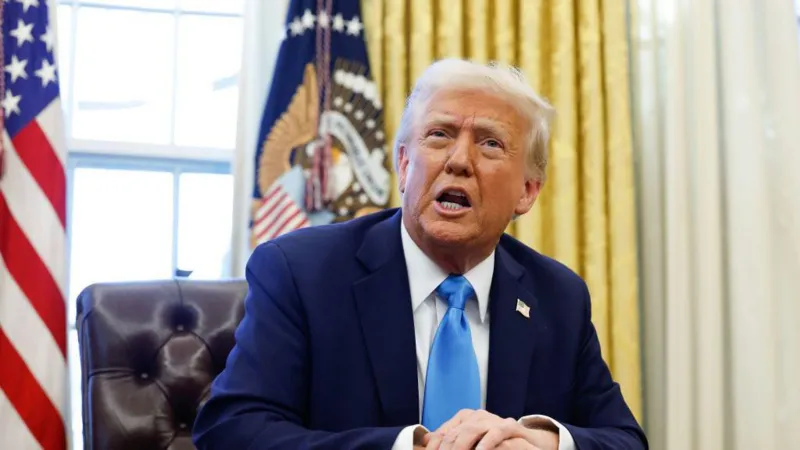The International Criminal Court (ICC) has recently faced significant challenges due to sanctions imposed by the United States. These developments have sparked a global conversation about the role and independence of international judicial bodies.
Background on the ICC
Established to prosecute individuals for crimes such as genocide, war crimes, and crimes against humanity, the ICC operates as a court of last resort when national jurisdictions are unwilling or unable to act.
U.S. Sanctions and Their Implications
The U.S. government, under the previous administration, imposed sanctions on ICC officials, including asset freezes and travel bans. These measures were in response to the ICC’s investigations into alleged war crimes involving U.S. personnel. The sanctions have been widely criticized by international entities and human rights organizations, which argue that such actions undermine the rule of law and the court’s ability to function effectively.
Global Response
In reaction to the U.S. sanctions, a coalition of 79 nations, including the United Kingdom, issued a statement reaffirming their support for the ICC. They emphasized the importance of the court’s independence and its role in maintaining international justice. European leaders have also voiced their support, underscoring the necessity of upholding the ICC’s mandate without external interference.
Looking Ahead
The situation remains dynamic, with ongoing discussions about the balance between national sovereignty and international judicial oversight. The ICC continues to assert its commitment to impartial justice, while the international community closely monitors the evolving relationship between the court and member states.

